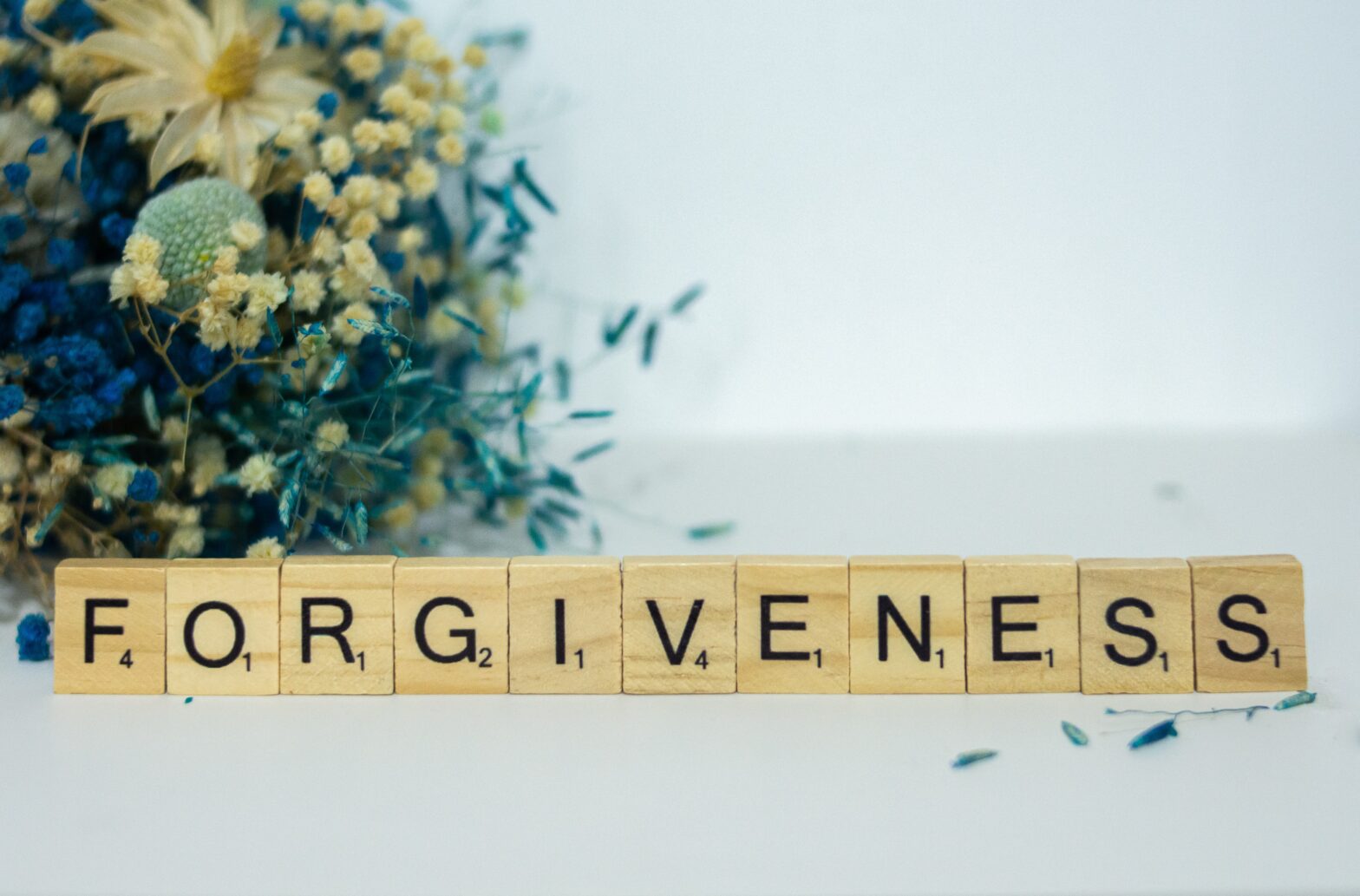We all make mistakes. It’s a massive part of the human experience. Teaching your children about forgiveness in others, in turn, goes a long way. It’s a concept that incorporates many elements, including sympathy, empathy, and the overall understanding of others. Teaching your child about forgiveness will ultimately set them up for success later on in life.
Have a Conversation on the Importance of Forgiveness Anger can be a powerful emotion, and it’s certainly one that can inhibit children if they don’t learn how truly intense it can be. According to Yale Medicine, bursts of aggression and anger can occur “when a child cannot get what he or she wants or is asked to do something that he or she might not feel like doing.” This can manifest itself in many areas of your child’s life — though this does present a perfect opportunity for teaching your child about forgiveness.
One way you can do this is just by sitting them down and teaching them the importance of such.
Be it on the playground or in school, your child will undoubtedly come across situations in which they must forgive others. For example, a fellow child may not want to share their toys or a piece of sports equipment during recess. If a child’s anger gets out of control, they can lash out at other children through verbal or, even worse, physical aggression. Unfortunately, your child can be on the receiving end of another child’s outburst.
Instead, consider talking to your child about their experience with the outburst. Use this as a chance to educate how hurtful actions can affect others and why saying sorry helps in the long run.
Teach them about love. Teach them about kindness, Teach them about the value of other human beings. Teach them about the virtuous qualities that ultimately encourage godliness. These can all be accomplished through conversation, through bedtime stories, and through prayer.
Instilling Empathy in Your Child
When teaching your child about forgiveness, discussing empathy is imperative. Empathy is a crucial building block for understanding others and learning about forgiveness.
Merriam-Webster defines empathy as “the action of understanding, being aware of, being sensitive to, and vicariously experiencing the feelings, thoughts, and experience of another.” In essence, this can be boiled down to your child putting themselves in another’s shoes.
One way a parent can do this is by being empathetic themselves. Children often learn through the actions of their parents and others (see: social referencing). If you notice your child may be startled by a loud airplane, consider saying, “That’s a loud plane, isn’t it? I know that plane is scary, but I’m right here by your side.” This way, your child learns to model behavior by asking pressing questions that encourage empathy.
Another way to do so is by having your child look at other situations and encourage them to explore their feelings in the moment. How does your child feel when another parent consoles their crying child? Tasking your child with inquisitive behavior can allow them to analyze situations in real time — which can ultimately foster thoughts of forgiveness when thrust into a tense situation with others.
Using the Bible in Teaching Your Child About Forgiveness
The Bible is full of verses that assist in teaching your child about forgiveness. In turn, you can also incorporate the teachings of God alongside the values that accompany forgiveness.
For example, Colossians 3:13 says, “Bear with each other and forgive one another if any of you has a grievance against someone. Forgive as the Lord forgave you.” Matthew 18:21-22 says, “Then Peter came to Jesus and asked, ‘Lord, how many times shall I forgive my brother or sister who sins against me? Up to seven times?’ / Jesus answered, ‘I tell you, not seven times, but seventy-seven times.’”
As the Bible shows, forgiveness is a quality that is highly valued. Incorporating forgiveness alongside religious teachings will instill the values of empathy, sympathy, and all other encompassing emotions that fall under forgiveness — ultimately bringing out the most virtuous qualities in your child as they grow up.



